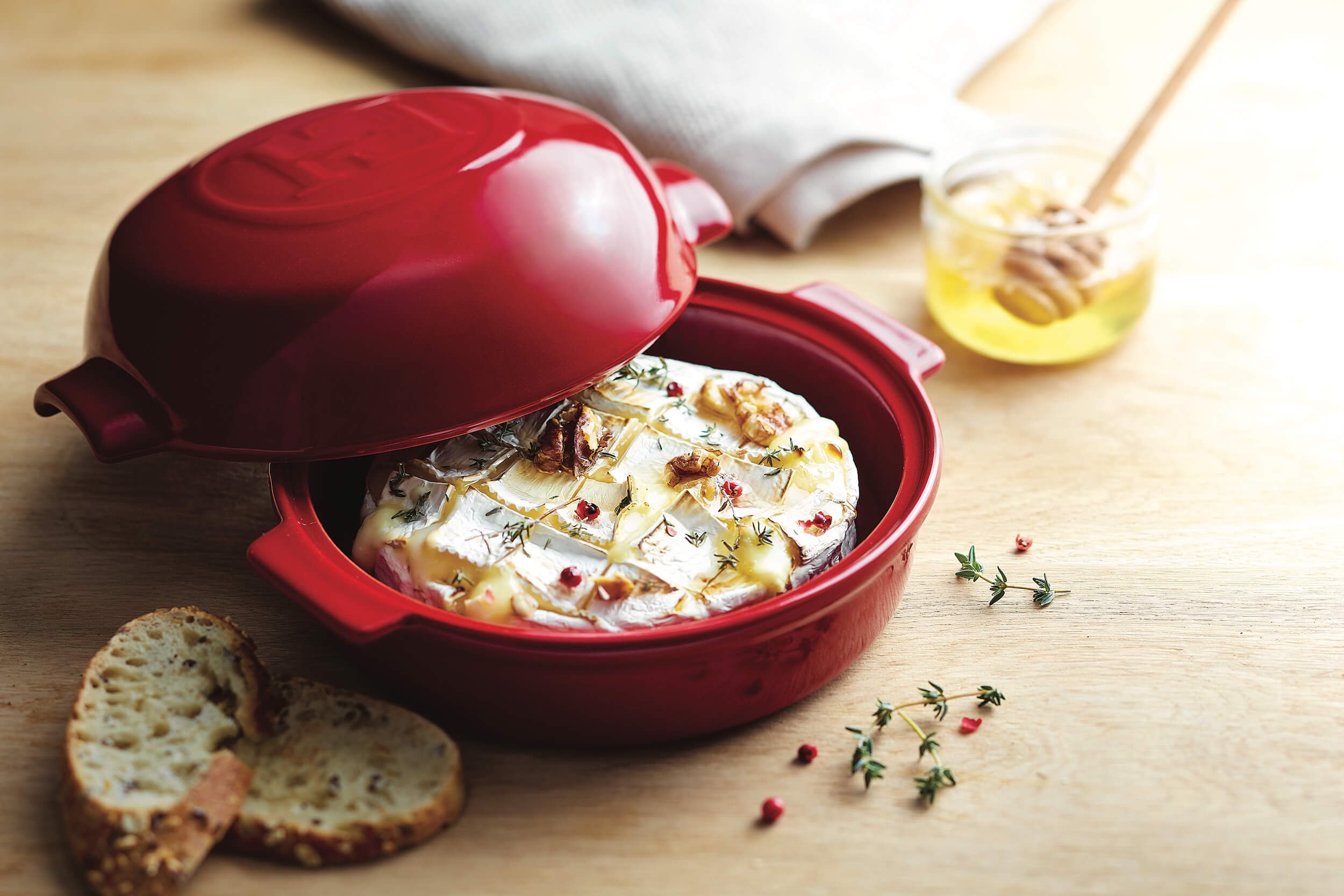I have been very enthusiastic about Portuguese wines ever since I wrote WinePassport: Portugal. I appreciate that they are generally very food friendly with terrific acidity, and offer excellent value. While many varietals are planted everywhere, some are very particular to countries like Greece, Italy, Spain and Portugal. Like travel, discovering these varietals offers unexpected pleasures.
In Portugal the same varietals that are used in Port are also used in table wines. But it’s only in recent years that some of the better tables wines have become more readily available abroad. Most port producers also produce table wines. One example is Ramos Pinto, a port producer that is revered for their 30 year tawny port and perhaps most well-known for their promotional posters by famous artists from the 1920's, you may recognize this one called the kiss.
The Ramos Pinto port house was established in 1880, and in 1919 the owners, two brothers, purchased their first quinta, or estate. Today they make about the same amount of port as they do douro table wines which are branded Duas Quintas, which means two estates. The two original estate are located in the Upper Corgo and in the Douro Superior and all their grapes are still harvested by hand.
I recently got a chance to try selected reserve wines of Duas Quintas dating from 1992 to 2013. While the wines have changed over the years, what I like about them is that they taste like Portuguese wines because they use all Portuguese varietals namely Touriga Nacional, Touriga Franca, Tinta Roriz, Tinta Barroca and Tinto Cão. Let me tell you a little about each of these varietals:
* Touriga Nacional is probably the most famous varietal from Portugal and for good reason. It has notes of violet, eucalyptus, pine, herbs and mocha. It’s tannic but also fruity.
* Touriga Franca also has an aroma of violets but also intense fruit and softer tannins.
* Tinta Roriz is sometimes called aragones, in Spain it’s tempranillo. It has rich red fruit flavors of herbs, plum and raspberry.
* Tinta Barroca has a very dark color but soft tannins, red berries and black fruit and a juicy and spicy finish.
* Tinto Cão has spice and richness and great floral aromas.
What are Duas Quintas reserve wines like? Without sharing my tasting notes for each one, the ones I liked the most had great acidity, remarkable balance and fresh fruit, even in some of the oldest vintages. While some of the wines had earthy notes of mushrooms others were spicier and even had notes of licorice. Though the wines vary from vintage to vintage, what remains constant is that these are wines of great value, well worth seeking out.
Disclaimer: I was a guest of Ramos Pinto for this exclusive tasting. I was not compensated monetarily for this or any other post on Cooking with Amy







